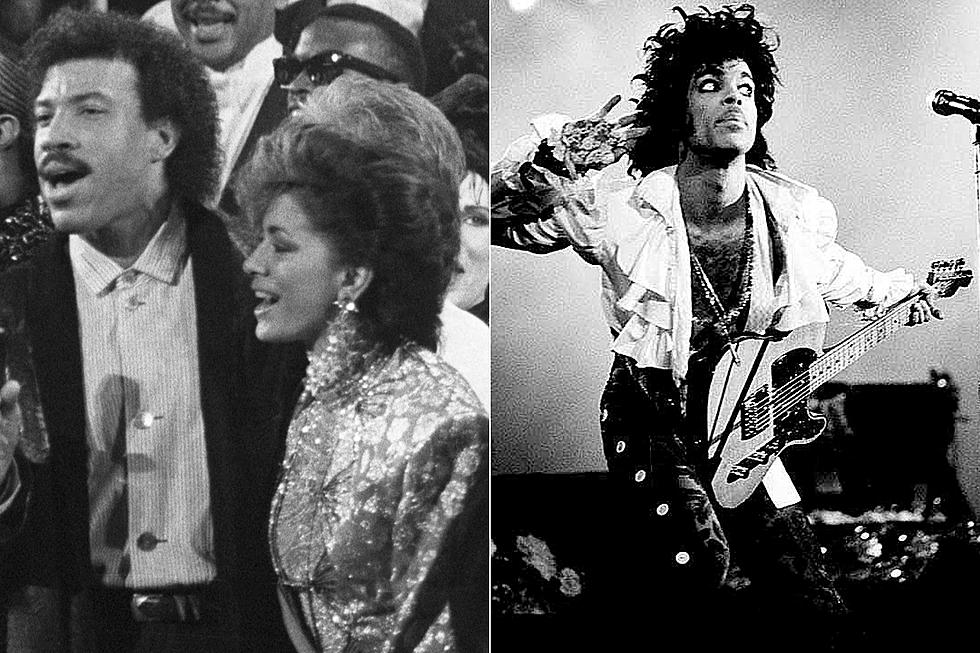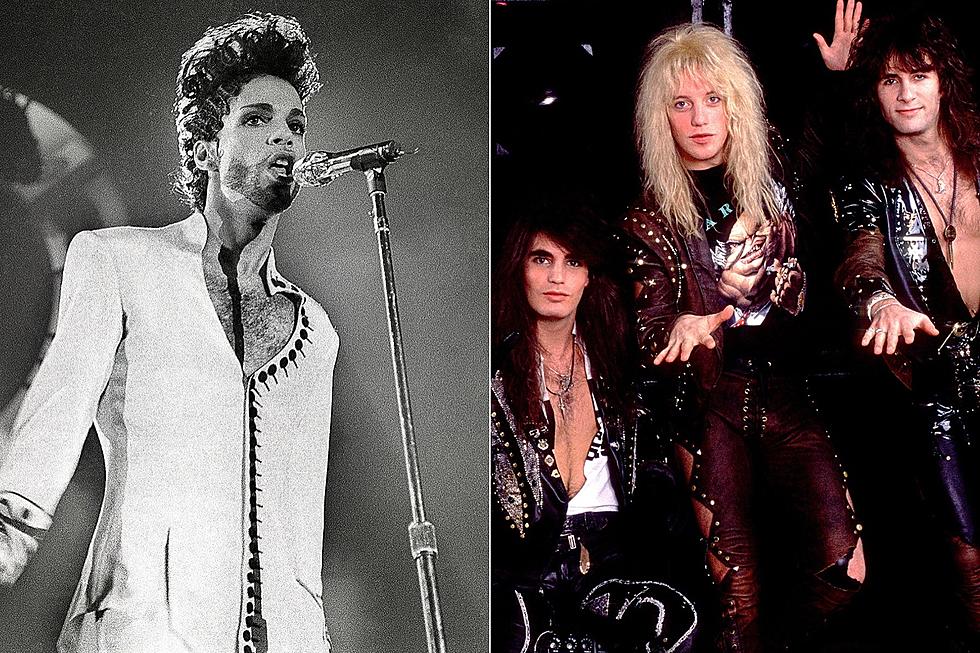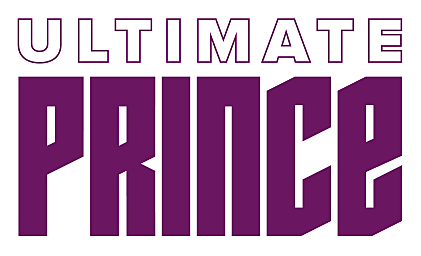
Adrian Crutchfield’s Final, Inspiring Conversation With Prince
Adrian Crutchfield still can’t believe he became Prince’s go-to saxophone player, and says he'll forever be grateful for the advice his musical boss gave him shortly before his passing.
Long before he met Prince, with whom he worked from 2011 until the artist’s untimely death in 2016, Crutchfield set out on his own musical path at age of four. He accompanied his parents to a Kenny G concert, where the headliner called him up onstage and gifted him a small electronic saxophone.
“That’s what triggered my love of music,” Crutchfield says. With a laugh he remembers defending the smooth jazz saxophonist from classmates’ jeers at the Northwest School of the Arts in Charlotte, N.C. In 2009, Crutchfield released his debut album Private Party, which failed to find an audience. Switching his career track to sideman for the stars, Crutchfield toured with artists like Lionel Ritchie, comic Andy Kaufman’s politically incorrect alter ego Tony Clifton and fellow Charlottean Anthony Hamilton.
It was as Hamilton’s saxophone player that Crutchfield caught Prince’s eye. As a co-founder of the NPG Hornz, and subsequently as a solo sax man, Crutchfield tells Ultimate Prince he was challenged and supported by a boss who became a friend and mentor. He played on Prince’s last five albums, received advice and encouragement to revitalize his solo career and got what he believes is his best chance for musical immortality.
Playing with Anthony Hamilton you opened for Prince in Charlotte in 2011. How did that lead to your gig with Prince’s band?
Myself and Marcus Anderson, who also became a member of the NPG Hornz, put this nice little horn section together and we played the show in Charlotte. Marcus and I took a lot of pride in dancing while we played. We felt that as a horn section, it’s not enough to play and stand there. You have to be a part of the show. So we came up with this concept that if we danced more and became both the background dancers and the horn players we’d become a staple of the show. Prince took interest in what we did. We heard that he really enjoyed it.
A few months later, Marcus and I were at a rehearsal and he said, “I got this opportunity to work with Prince. I need you to cover some of my gigs.” I said, “Sure, of course.” An hour later, when I got home, I got a phone call as well. They said, “Prince wants you to come out to [Prince’s studio complex] Paisley Park and work on this project.” I thought it was Marcus making a joke. I said, “Very funny Marcus,” and I hung up the phone.
They called me back, and Marcus and I were tasked with building a young, energetic dancing horn section for Andy Allo, who was a protégé of Prince's. All I heard was, "It's being produced by Prince." So I told [prospective players], "I can't tell you how long we're going to be gone, where we're going, or what the pay is going to be. All I can tell you is that at any given time Prince might come in, and we might have the opportunity to work with him." Working with Prince was my goal the entire time. I told my guys, "If we have one shot at working with Prince, we automatically become immortal, because we'll be immortalized through his music. If we get on a record put out by Prince, people are going to be listening to us 200 years from now."
Which of Prince’s albums did you play on?
I worked on the last five albums: Plectrumelectrum, Art Official Age, HITnRUN: Phase One, HITnRUN: Phase Two and the unreleased Black is the New Black.
All this time, you were developing material that eventually appeared on the album Leap, your 2017 follow-up to Private Party. Did Prince support your solo career?
He was very supportive. When I released Private Party in 2009, I went through all the radio industry politics. If you’re a sax player, and you want to get a song on the radio, you can only put it out as a jazz record or as a smooth jazz record. Smooth jazz and jazz [stations] wouldn’t play my music because it was too urban. Urban stations wouldn't play it because it was too jazzy. It was a constant battle trying to get my radio singles played, and trying to build a name for myself as an artist.
In essence, I just hung it up. I said, “I’m going to focus on what I know I can do, which is be a sideman to other artists.” I spent the next six years developing my career as a sideman. When I got with Prince, I was always writing, but ironically I was writing songs to sell. I didn’t think the music industry would accept me as what I wanted to be. I was writing songs, but I had no interest in performing them or releasing them on my own. I figured if I can get somebody else to be the front man, maybe they’ll play [the songs].
One day, while we were doing Black Is the New Black, Prince casually asked me what was going on with my music. I wasn’t even aware that he knew about Private Party, so it was a shock. I panicked, and told him what I thought he wanted to hear. “I like being a sideman,” I said. “All I want to do is be the [funk and soul saxophonist] Maceo Parker to your James Brown.”
I thought he would be flattered. But he looked at me sternly and then he said something that I’ll never forget: “That’s cool but James is dead. What’s Maceo doing now?” Then he said, “You’re an artist just like I am. You need to be making your own music, and sometimes you need to take a leap for yourself.” That’s what inspired me to do my record Leap.
We had that conversation in March 2016. That was the last face-to-face, one-on-one conversation I had with Prince. I was in Florida in April playing at a party during the Seabreeze Jazz Festival when I got word that Prince had passed away. I sat on the balcony over the beach for the rest of the night, playing Prince’s music and looking at the water. When I started to work on my music, [I remembered] that I told Prince why I didn’t want to be a solo artist. It was because I was never accepted for doing what I wanted to do. I told him if I make a record, it would never chart, because that’s what all the radio promoters always told me. Prince said, “We’ll see about that.” [Finally] I was able to get one radio promoter who was interested. So we put out [the single] “Leap” and lo and behold, it went to No. 26 on the Billboard chart. And all I could think about was Prince saying, “We’ll see what happens.”
Prince Albums Ranked
More From Ultimate Prince









